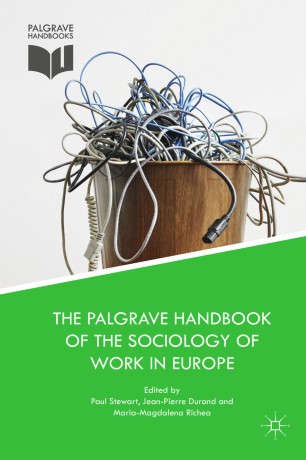Paret, Marcel. 2018. “Migration
Politics: Mobilizing Against Economic Insecurity in the United States and South
Africa.” International Journal of Comparative Sociology 59(1):
3-24.
From the mid-2000s, the United States
and South Africa, respectively, experienced significant pro-migrant and
anti-migrant mobilizations. Economically insecure groups played leading roles.
Why did these groups emphasize politics of migration, and to what extent did
the very different mobilizations reflect parallel underlying mechanisms?
Drawing on 41 months of ethnographic fieldwork and 119 interviews with
activists and residents, I argue that the mobilizations deployed two common
strategies: symbolic group formation rooted in demands for recognition, and
targeting the state as a key source of livelihood. These twin strategies
encouraged economically insecure groups to emphasize national identities and,
in turn, migration. Yet, they manifested in different types of mobilization due
to the varying characteristics of the groups involved, and the different
national imaginaries and organizing legacies they had to draw upon. The
analysis demonstrates the capacity of economically insecure groups to make
collective claims. It also shows that within the context of anti-migrant nationalism,
economic insecurity amplifies the significance of national belonging,
citizenship, and migration as important terrains of collective struggle.

